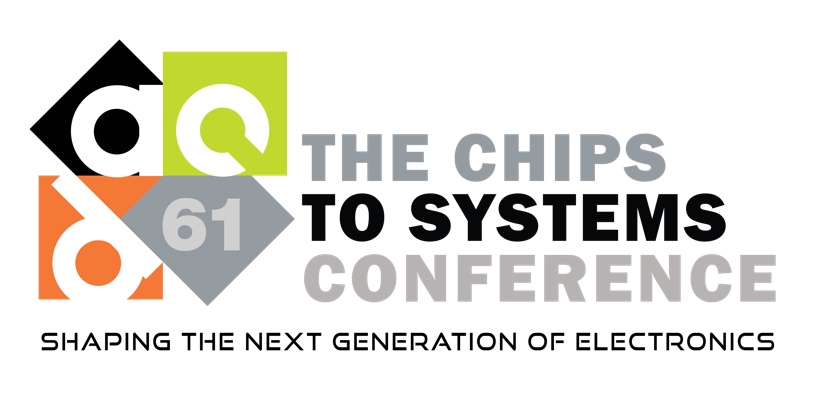Presentation
VisionHD: Revisiting Hyperdimensional Computing for Improved Image Classification
DescriptionHyperdimensional Computing (HDC) represents an emerging paradigm within the domain of cognitive computing, drawing inspiration from the information processing mechanisms observed in the human brain.
Despite the research efforts devoted to improvement and extension of HDC algorithm and hardware, few studies address the challenges of handling complex datasets in image classification. In this study, we examine the performance of HDC on image data, highlighting its limitations in terms of accuracy, susceptibility to anomalies, and privacy concerns. Inspired by our observations, we aim to combine HDC with a more effective feature extraction, without compromising overall efficiency. To this end, we analyze the efficiency bottleneck of HDC, and accordingly, propose a novel vector-free encoding that shrinks the energy consumption and obviates the need for vector storage. We repurpose the released resources to augment the proposed encoding with a well crafted feature extractor. Experimental results indicate that our proposed design, VisionHD, gains a significant accuracy improvement (>22%) while its energy consumption remains 30% lower than the baseline HDC. To evaluate the privacy of VisionHD, we introduce a more effective and generic reversing technique, which reveals that VisionHD successfully obfuscates the information and improves privacy metrics by 16.9X. Furthermore, VisionHD consistently exhibits higher accuracy under different rates of perturbation.
Despite the research efforts devoted to improvement and extension of HDC algorithm and hardware, few studies address the challenges of handling complex datasets in image classification. In this study, we examine the performance of HDC on image data, highlighting its limitations in terms of accuracy, susceptibility to anomalies, and privacy concerns. Inspired by our observations, we aim to combine HDC with a more effective feature extraction, without compromising overall efficiency. To this end, we analyze the efficiency bottleneck of HDC, and accordingly, propose a novel vector-free encoding that shrinks the energy consumption and obviates the need for vector storage. We repurpose the released resources to augment the proposed encoding with a well crafted feature extractor. Experimental results indicate that our proposed design, VisionHD, gains a significant accuracy improvement (>22%) while its energy consumption remains 30% lower than the baseline HDC. To evaluate the privacy of VisionHD, we introduce a more effective and generic reversing technique, which reveals that VisionHD successfully obfuscates the information and improves privacy metrics by 16.9X. Furthermore, VisionHD consistently exhibits higher accuracy under different rates of perturbation.
Event Type
Work-in-Progress Poster
TimeTuesday, June 256:00pm - 7:00pm PDT
LocationLevel 2 Lobby
AI
Autonomous Systems
Cloud
Design
EDA
Embedded Systems
IP
Security


